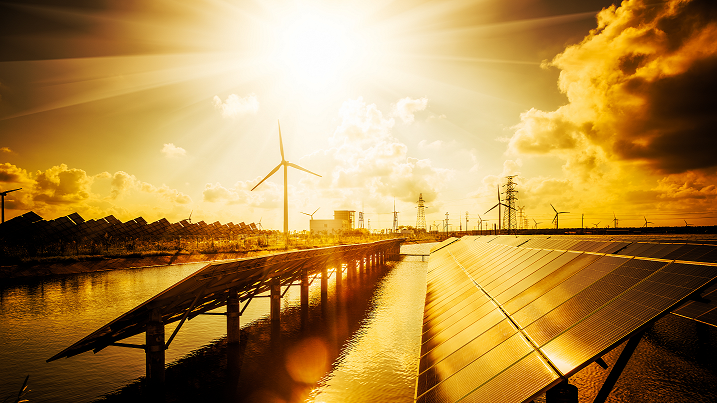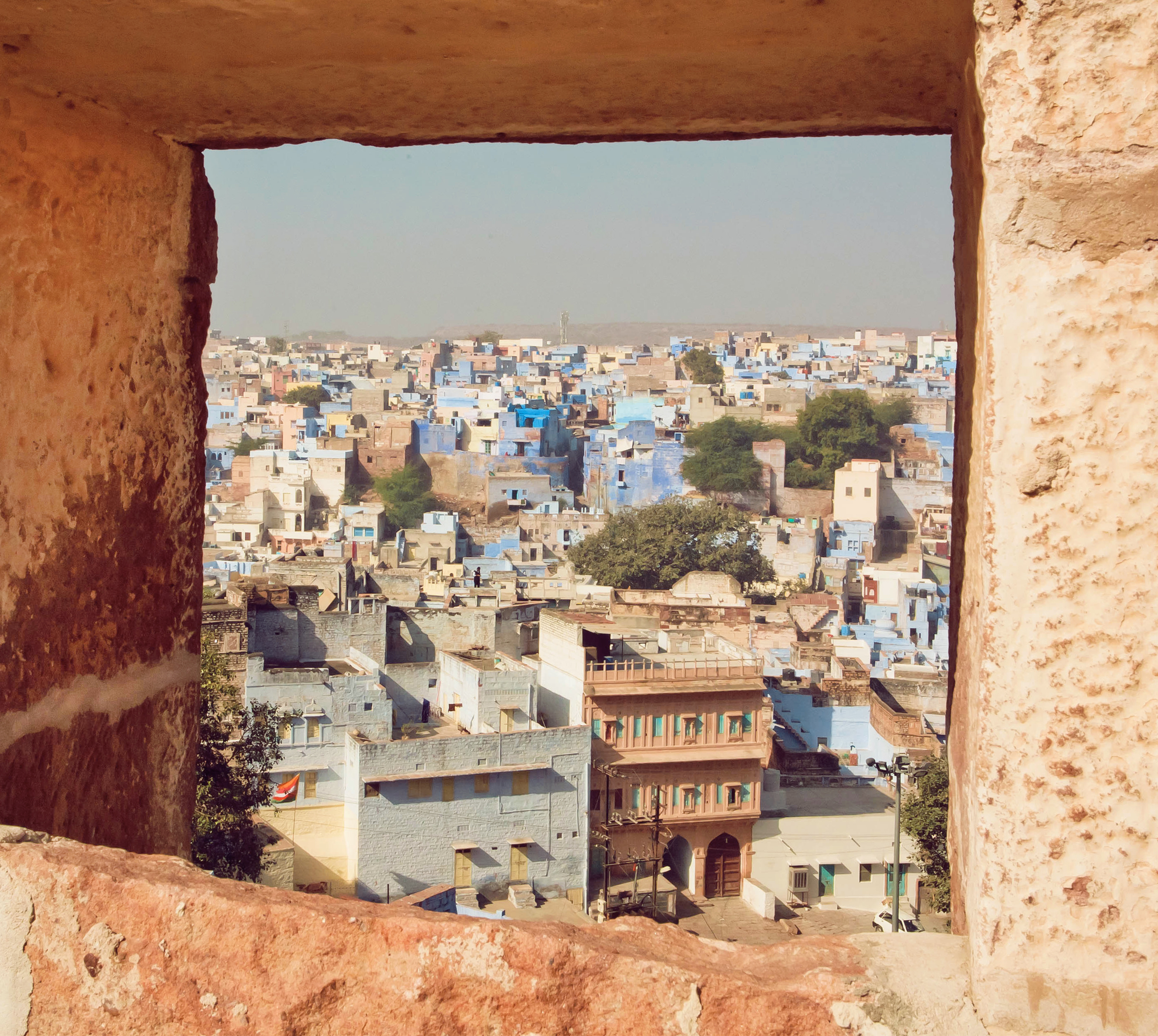India: A Sustainability Superpower
The Government of Prime Minister Modi certainly can’t be criticized for a lack of ambition; indeed, when it comes to international policy-making and geopolitical influence, India is now up there with the best. Take last month for example, when Swedish and Indian Corporates together with leading Banks and a raft of high-powered non-governmental agencies met in Stockholm to review steps for future implementation of the Paris Climate Change Accords. India has taken its place at the top table, with an increasingly influential voice on the global stage.
It has become, in short, a Sustainability Superpower.
The Swedish talks took place against the backdrop of Nobel Memorial Week where, for obvious reasons, the future of climate change policies was high on the agenda; and there was a general acceptance that the best place to see these policies in action is India given, in particular, that the subcontinent’s economy grew by 7.8% last year (making it the fastest growing large economy in the world). It also has one of the world’s largest populations (soon, indeed, to be the largest); and its major cities are growing at an unprecedented rate as the historically poor and impoverished population becomes increasingly urbanised and wealthy.
So the key question being asked in Stockholm last month was what cost will all of this growth bring in terms of future sustainability.
That’s not a question without its own particular difficulties in the context of the Indian economy.
For a start there is air pollution: the biggest current environmental challenge being faced on the subcontinent, with airborne particulate levels in the most densely populated of its cities frequently running twice as high as China’s worst megacities, with the root of the problem being largely attributed to historic and continuing dependence on coal-fired power generation.
This key concern was the subject of a wide-ranging discussion and debate at last month’s Conference in Sweden, which concluded (with a degree of obvious satisfaction) that whatever its historic problems might have been, India is now moving inexorably towards the full adoption of much more stringent energy efficiency policies, with renewable energy generation at their forefront.
The subcontinent is blessed with some of the highest sustained levels of sunshine on earth, perfect for solar power generation. So it should come as no surprise that it is now the world leader in solar and wind power generation technology. And getting all this power out to consumers has been high on the Government’s agenda too given that at least 300 million people in India currently have no access to the national grid: so there is also a powerful and pressing need for the Government to make funding available so as to ensure these new resources are accessible to its population as a whole. That challenge has resulted in new funding commitments from Prime Minister Modi’s Government that would make most western governments shy away in terror.
In keeping with the scale and ambition of the Government’s hugely ambitious programme for new infrastructure investment, substantial spending plans are now being put on foot to support energy delivery, including key support for companies investing in construction projects through the new “Green Buildings” and “Smart City” initiatives.
All of which makes India a world leader in sustainability. Something the delegates in Stockholm were at pains to note.
Red Ribbon CEO, Suchit Punnose said:
Climate Change Policies were high up on the agenda in Stockholm last month during Nobel Memorial Week when top-level Indian and Swedish Governmental Officials met with Leading Companies and International Agencies to review the future of the Paris Climate Change Accords.
There was a general acceptance in Stockholm that the best place to see these policies in action is India.
The subcontinent’s economy grew by 7.8% last year (making it the fastest growing large economy in the world) and it also has one of the world’s largest populations (soon, indeed, to be the largest), with its major cities growing at an unprecedented rate as its historically rural and impoverished population becomes increasingly urbanised and wealthy. SEB, a key delegate at the conference, characterised India as a “Sustainability Superpower” In this week’s newswire, we take a look at what all that means for future sustainability on the subcontinent.
Read about Paris Climate Change Accords here
Read about Nobel Memorial Week here
Read about Smart City here








Leave a Reply